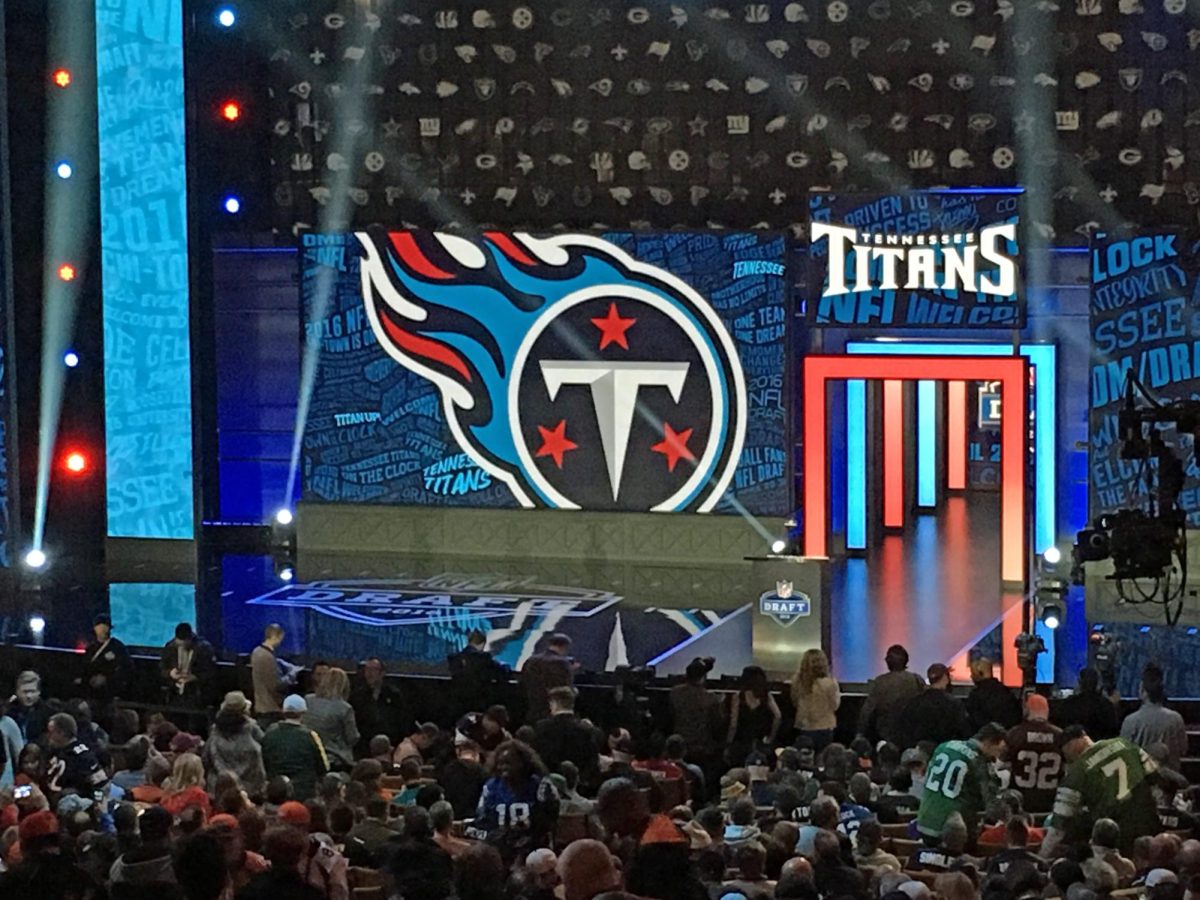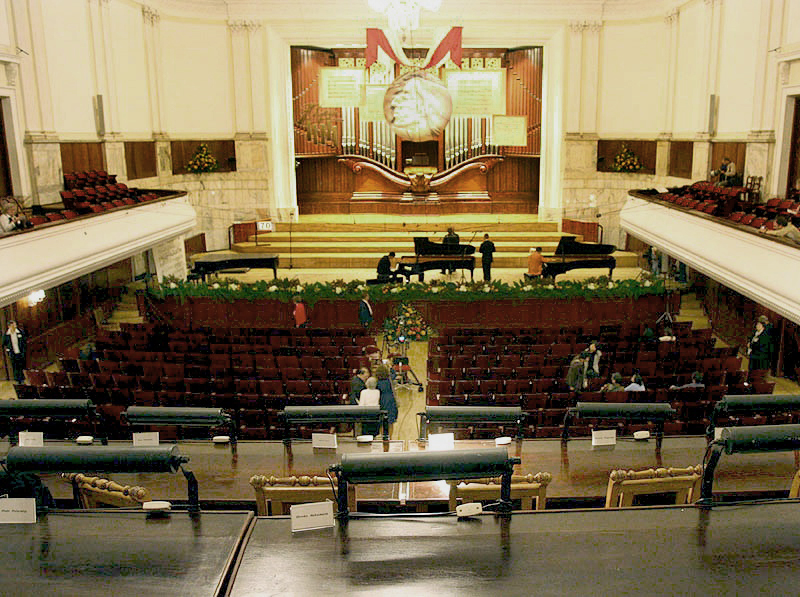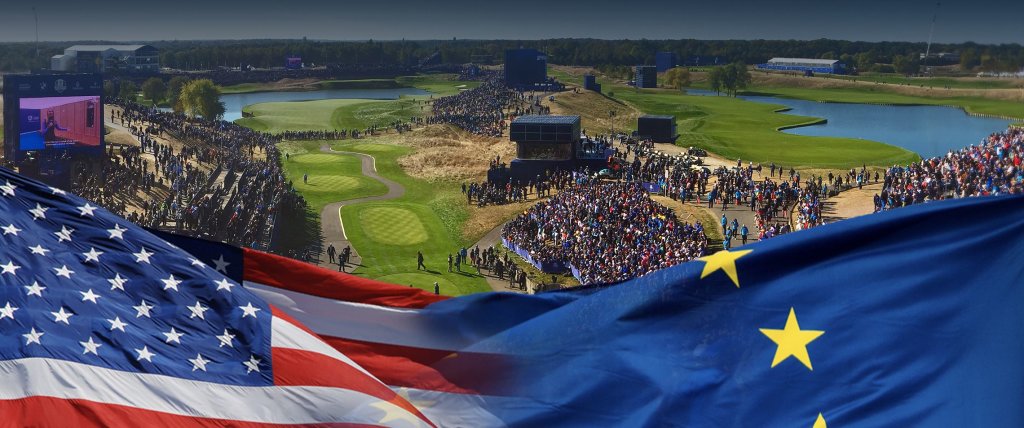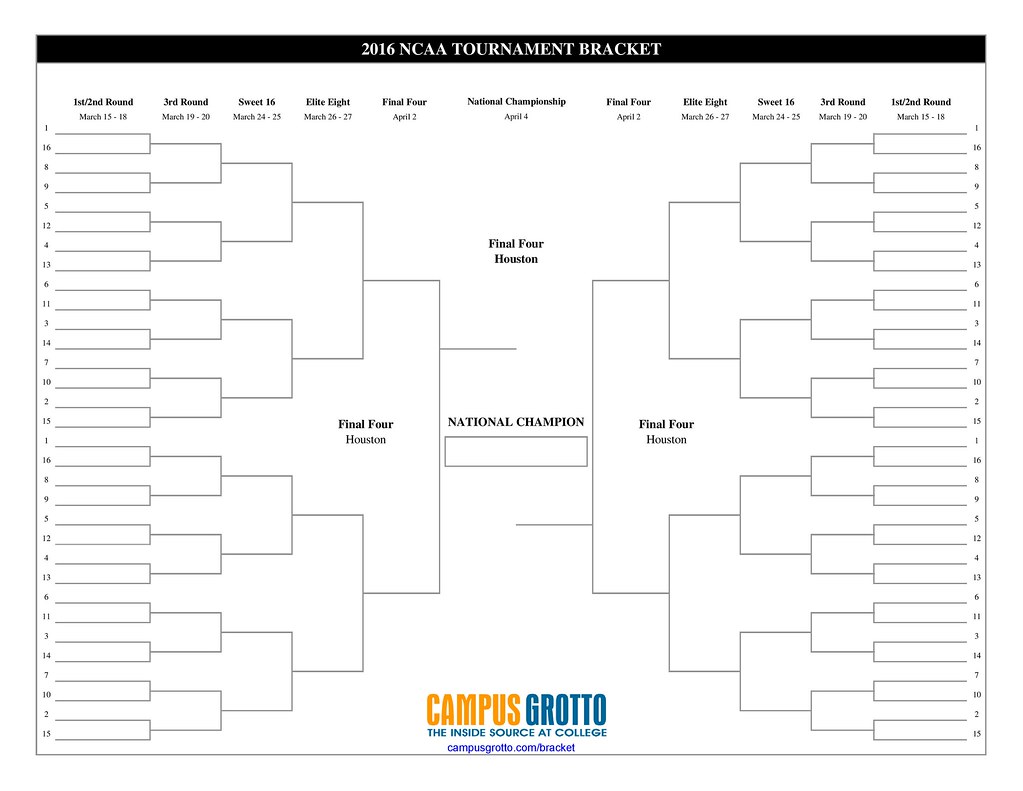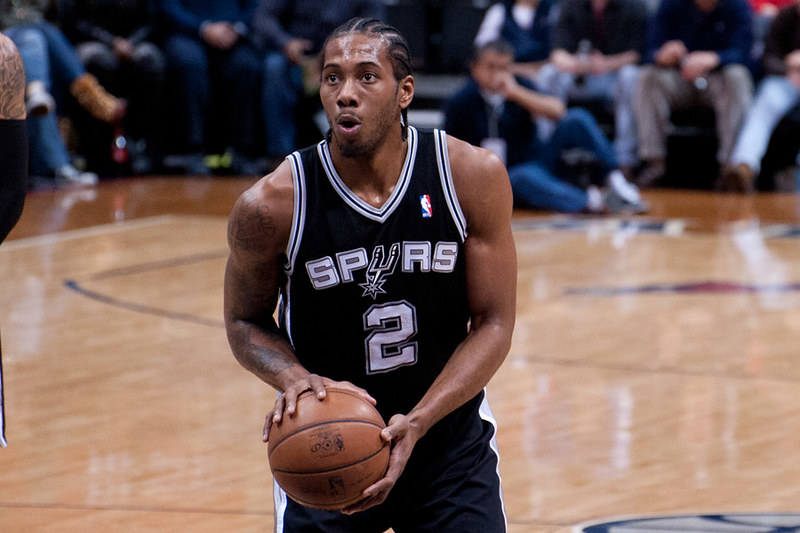One billion dollars; that is with a “b”. That’s how much money Warren Buffet promises to give someone if they create a perfect March Madness bracket.
The NCAA Men’s Division I Basketball Tournament, also known as “March Madness”, is one of the most popular sporting events in the United States, placing 64 teams in a single-elimination, nation-wide tournament. Fans from all across the country adore this format, as it is very unpredictable and frequently allows for underdogs to succeed as the dreaded “Bracket Busters”.
Every year, millions of people across the country create brackets that attempt to correctly predict the outcome of every game in the tournament, from the First Round through the “Final Four” National Championship. Despite quests for a “perfect bracket” each year, nobody has ever attained this goal, with the current longest streak belonging to Gregg Nigl, who predicted the first 49 games of the 2019 tournament correctly.
Statistically speaking, a perfect bracket is extremely improbable to occur. Many experts claim that the odds are around 1 in 9.2 quintillion, meaning it is 23% more likely for two people to pick up the same grain of sand on the entire planet than to create a perfect bracket. However, this statistic is inherently flawed, as it assumes that every game in the tournament is a coin flip and is obtained by raising ½ (the probability of choosing one game correctly) to the 63rd power (the number of games in the tournament). Yet, in reality, every game is not a coin flip, and a more accurate model can be utilized to determine the actual probability of creating a perfect bracket.
Despite the upsets that occur in the tournament, higher seeds generally hold a major advantage over lower seeds. For instance, despite Virginia and Purdue both falling to sixteen-seeds in recent years, one-seeds hold a 152-game advantage over sixteen-seeds, while two-seeds hold a 134-game advantage over fifteen-seeds. Given this historical precedent, let’s favor the higher seed by considering the following records of higher seeds in each round of the tournament:
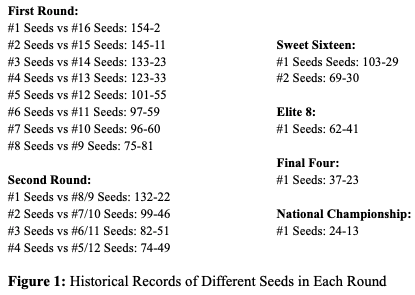
With these records, we can perform the following calculations to predict the probability of attaining a perfect bracket:
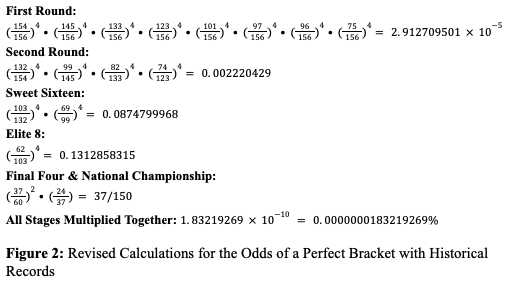
As evident in Figure 2, when factoring in historical records, your odds of a perfect bracket are significantly reduced to around 1 in 5,457,941,219. While these odds are around 1.5 billion times better, a “perfect bracket” is still highly improbable to happen in one’s lifetime, especially considering that out of the millions of brackets created in 2023, they only covered around 0.0000000000182% of all possible bracket permutations. However, with further advancements in technology and artificial intelligence, bracketologists continue to hope that one day, someone will defy the odds and create a perfect bracket.












